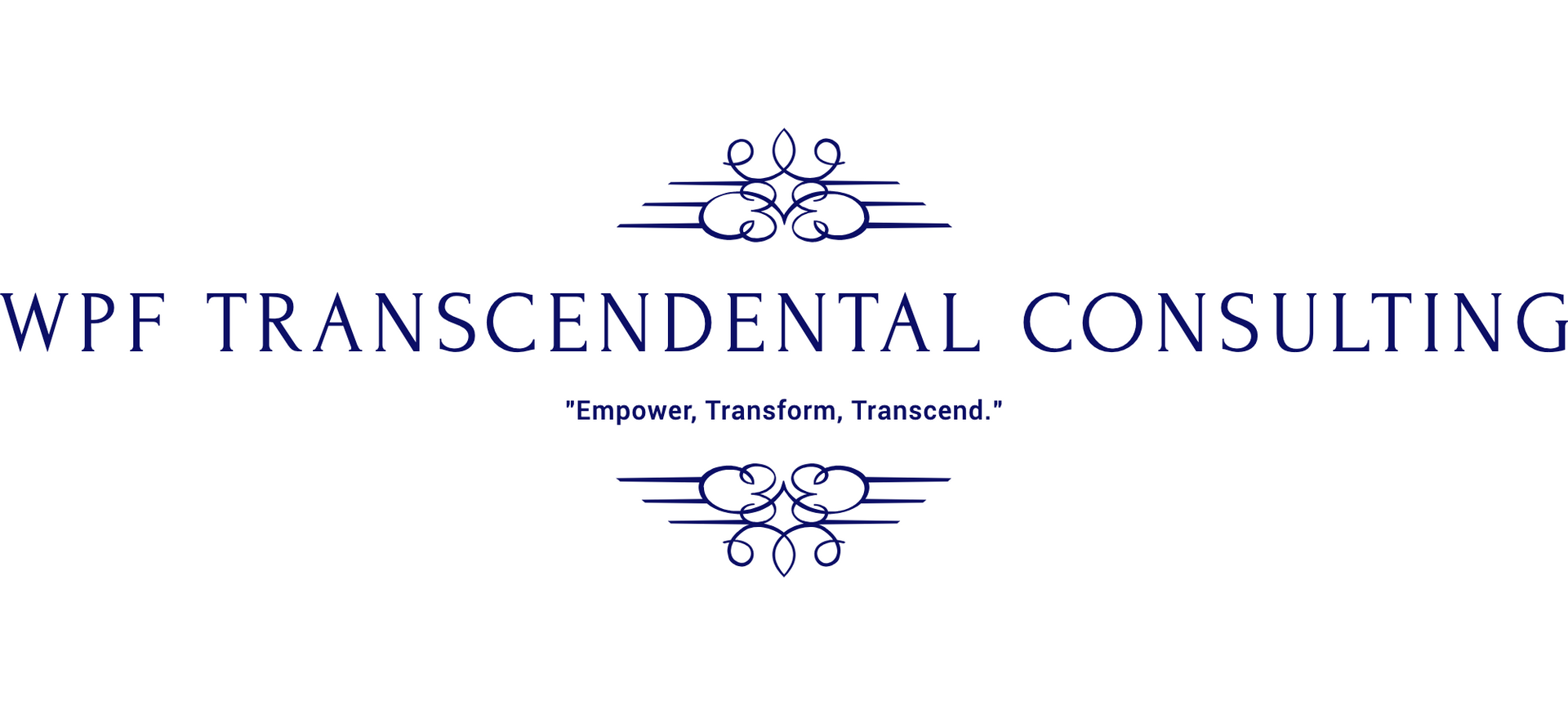"Unlocking Mental Clarity: The Transformative Power of Fasting"
"Harnessing Spiritual and Medical Benefits for Optimal Mental Wellness"

As we embark on the Holy Month of Ramadan, the concept of fasting has transcended its traditional religious and cultural contexts to emerge as a holistic approach to health and wellness. Beyond its spiritual significance, fasting has garnered attention for its potential benefits in promoting optimal mental health. By abstaining from food for designated periods, individuals can tap into the body's innate capacity for healing and renewal, not only on a physical level but also on a mental and emotional plane.
At its core, fasting serves as a powerful tool for resetting the body and mind, allowing individuals to break free from ingrained patterns and habits that may contribute to mental stress and fatigue. By temporarily refraining from the constant consumption of food, individuals can cultivate a heightened sense of awareness and mindfulness, enabling them to reconnect with their inner selves and gain clarity of thought.
From a spiritual perspective, fasting has long been revered as a means of purifying the soul and fostering a deeper connection with the divine. Across various religious traditions, fasting is practiced as a form of self-discipline and sacrifice, inviting individuals to transcend the physical realm and focus their energies on spiritual growth and enlightenment. In this context, fasting serves as a pathway to inner peace and spiritual fulfillment, offering solace amidst life's challenges and uncertainties.
From a medical standpoint, fasting has been shown to exert profound effects on brain function and mental well-being. Research suggests that intermittent fasting, in particular, may enhance cognitive function, improve mood, and reduce symptoms of anxiety and depression. By promoting neuroplasticity and neurogenesis, fasting may support the brain's ability to adapt and regenerate, thereby enhancing resilience to stress and promoting overall mental clarity and emotional balance.
Moreover, fasting has been linked to various physiological changes that may contribute to improved mental health outcomes. During fasting periods, the body undergoes metabolic shifts that trigger the release of ketones, which serve as an alternative energy source for the brain. This metabolic state, known as ketosis, has been associated with enhanced cognitive function and mood stabilization, offering potential therapeutic benefits for individuals struggling with mental health disorders.
Incorporating fasting into one's lifestyle requires careful consideration and planning to ensure both spiritual and medical objectives are met. It is essential to approach fasting with mindfulness and self-awareness, listening to the body's cues and respecting its limitations. Consulting with healthcare professionals and spiritual advisors can provide valuable guidance and support in embarking on a fasting journey tailored to individual needs and goals.
Ultimately, fasting holds the potential to be a transformative practice for enhancing mental health and well-being, offering a holistic approach that integrates the body, mind, and spirit. Whether undertaken for spiritual enlightenment, physical rejuvenation, or mental clarity, fasting invites individuals to embark on a journey of self-discovery and healing, fostering resilience and inner harmony in an increasingly complex world.










